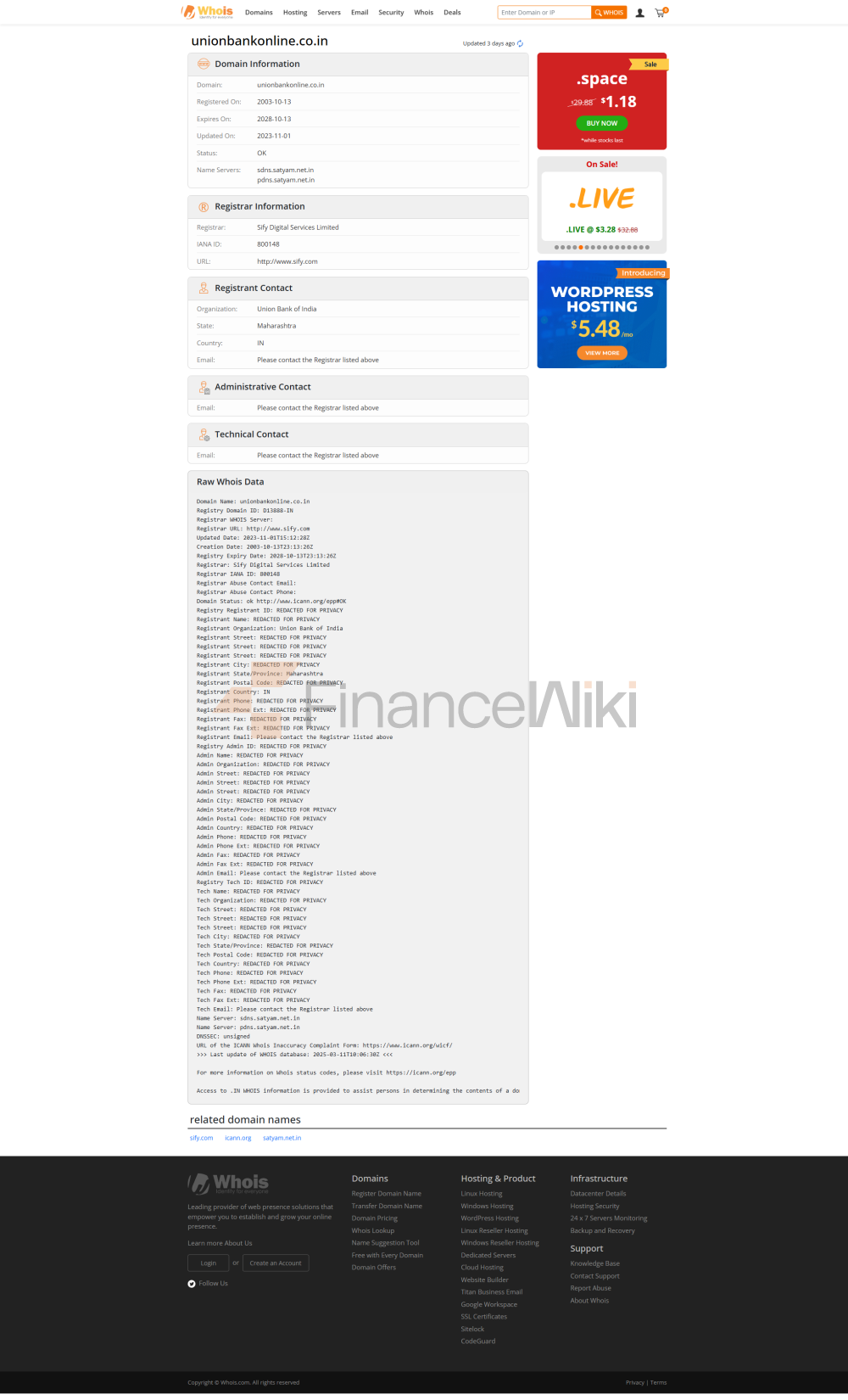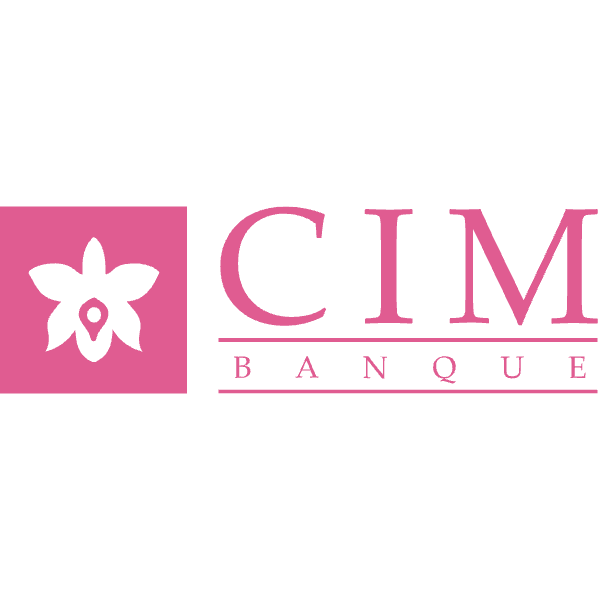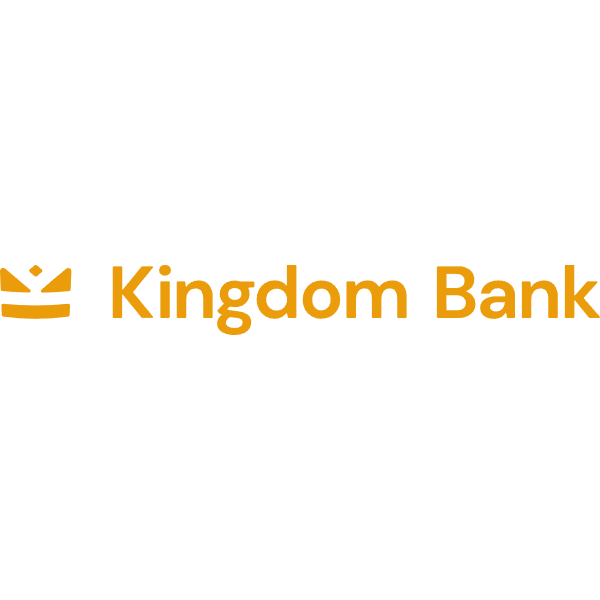Name &
BackgroundUnion Bank of India Forex is a division of Union Bank of India that specializes in providing foreign exchange services. Founded in 1919 and headquartered in Mumbai, India, Union Bank of India is one of India's state-owned commercial banks. As one of India's longest-established banks, Union Bank has been providing comprehensive banking services both inside and outside India, with its foreign exchange division focusing on cross-border remittances, foreign exchange transactions, and international financial services. Union Bank itself is a state-owned bank, controlled by the Government of India, and listed on the Indian stock market.
Scope
of ServicesUnion Bank of India Forex's services cover the whole world, especially in Asia, Europe and North America. The foreign exchange division not only provides foreign exchange-related services to domestic clients in India, but also provides services such as cross-border payments, foreign exchange and foreign currency account management to clients worldwide. The bank's offline branches are mainly concentrated in various financial centers in India and overseas, and the distribution of ATMs also covers most cities in India and important international locations. Although its branches are mainly based on the network of its parent bank, its global presence in the field of foreign exchange trading should not be underestimated.
Regulation & ComplianceUnion
Bank of India Forex is regulated by the Reserve Bank of India (RBI) to ensure that its foreign exchange operations comply with Indian financial laws and international anti-money laundering regulations. Union Bank has also joined the Government of India's Deposit Insurance Scheme to provide security to its customers' deposits with a deposit insurance limit of INR 500,000. The bank has maintained a strong track record of compliance, and there have been no major breaches or audit issues in the past few years.
Financial HealthUnion
Bank is in a healthy financial position with a capital adequacy ratio of over 13%, which fully meets Indian and international regulatory requirements. According to the bank's annual report, its non-performing loan ratio remains low, usually below 5%, which indicates that the bank has good risk control capabilities. The liquidity coverage ratio is also maintained at a healthy level, ensuring that it is able to cope with market volatility and sudden funding needs.
Deposits &
LoansDeposits: As a foreign exchange services division, Union Bank of India Forex is not directly involved in traditional deposit products. However, customers can enjoy standard current and term deposit products through the branches and accounts of the parent bank, and the interest rates are usually in line with market levels. For customers with foreign exchange needs, the bank also provides foreign currency deposit accounts and foreign currency time deposit options, customers can choose to deposit in foreign currency and enjoy higher deposit interest rates.
Loans: The foreign exchange department does not directly provide traditional mortgage loans, car loans and other loan products. However, as part of the parent bank, Union Bank of India offers a wide range of loan products, including personal loans, home loans, and business loans. For foreign exchange customers, the bank also provides customized financial products such as foreign exchange loans and international trade financing to help enterprises and individuals access funds in the global market more conveniently.
List of common fees
Common fees at Union Bank of India Forex include foreign exchange transaction fees, cross-border remittance fees, and foreign currency conversion fees. There are generally no fees for domestic remittances, but there may be a fee for cross-border remittances, depending on the amount and destination of the remittance. In addition, standard bank fees such as overdraft fees and ATM interbank withdrawal fees are also applicable to the parent bank's account.
Digital Service ExperienceUnion
Bank of India provides modern banking services, especially in the field of foreign exchange, where customers can conduct fast foreign currency transactions and cross-border remittances through its mobile banking app and online banking. The bank's app performs well in terms of user ratings, providing core functions such as real-time transfers, exchange rate inquiries, and transaction record management. In terms of technological innovation, banks have begun to use artificial intelligence (AI) and blockchain technology to improve the efficiency of cross-border payments and ensure that the transaction process is faster and more secure.
Customer Service QualityUnion
Bank of India Forex's customer service is mainly supported through phone, email, and online chat channels, ensuring that customers can receive timely assistance. For forex trading customers, the bank offers 24/7 customer service support to help customers deal with trading issues. The bank also has a dedicated foreign exchange service team to provide professional advice and services for cross-border payments and foreign exchange transactions. Customer satisfaction is high, and the bank handles complaints very quickly and at a low complaint rate.
Security MeasuresUnion
Bank of India Forex takes strict precautions in terms of the safety of funds to ensure the safety of clients' funds. The bank is ISO 27001 certified, ensuring that it meets international standards in terms of data security. For foreign exchange transactions, banks have implemented high-security technologies such as real-time transaction monitoring and anti-fraud measures to prevent fraud and loss of funds. In addition, the bank offers deposit insurance protection, which provides additional security for customers' funds.
Featured Services & DifferentiationUnion
Bank of India Forex has unique advantages in foreign exchange trading and cross-border payments. Its foreign currency deposit account provides a convenient option for customers who wish to save foreign currency, especially for high-net-worth customers with international financial needs. In addition, the bank also provides customized international trade financing solutions to help corporate customers simplify cross-border transactions and settlements. To support sustainable development, banks are also exploring the field of green finance and launching a number of financial products that meet environmental, social and governance (ESG) standards.
Market Position & HonorUnion
Bank of IndiaAs one of India's state-owned banks, Union Bank of India has a large asset scale and business influence in the Indian financial market, especially in the field of foreign exchange and international financial services. The bank has gradually increased its competitiveness in the foreign exchange business of the global banking industry in recent years and has won several international awards, such as "Best Foreign Exchange Bank" and "Best International Payment Solution". These accolades reflect its steady growth and innovation capabilities in the global market.













